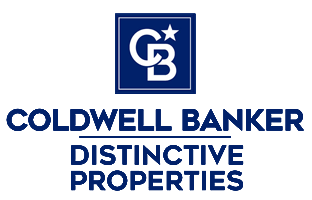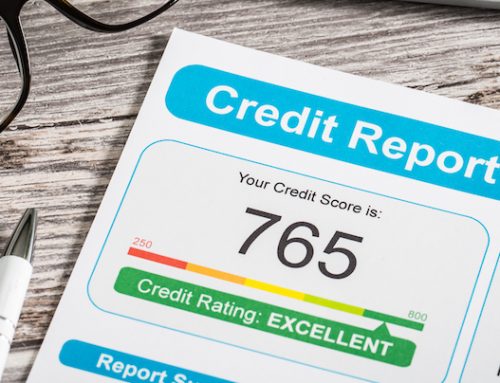Whether you are buying your first house or your tenth, being prepared is a huge part of the process. Buying a home takes careful consideration and realistic expectations before signing the mortgage papers and moving into your new dream house!
Even if you have bought and sold previously, the rules and regulations in the banking and property business are subject to changes. Taking the time to prepare can help you enjoy a more favorable outcome. Here’s our list of the top 5 things every home buyer should know before house hunting:
• Get pre-approval for financing
• Make a wish list and a negotiable list
• Plan, budget, and save for unexpected up-front costs
• Define your search area
• Interview and hire the right real estate agent
1. Mortgage Pre-approval
It is crucial to understand your budget and your finances before you fall in love with a house. Start by gathering tax records and financial details to share with your banker or mortgage advisor. Find out what size loan you can obtain, so you know the upper limits of your potential mortgage payments and insurance costs. Being pre-qualified as a potential buyer allows your real estate broker to realistically locate the best houses in your price range and puts you in a great position to make a sincere offer for the home you want to buy.
2. The Wish List
Make a list of what you want in a house and what things are negotiable. The style, size, age, and condition of a house should be clearly defined before you meet with your real estate agent. If you have your heart set on a particular type of house, do you have an idea of what you would be willing to negotiate out of that list? Be realistic and understand that having a rule about the number of bedrooms and bathrooms is fine, but are you flexible about one story vs. two stories? If cooking and heating with gas are important, include those details on the list. Be clear about your must-have list and try to describe the areas where you might be more flexible.

3. Budget for the Unexpected
Plan now to hold money in your savings to offset the unexpected costs of closing on your new home. Home inspection, appraisal, earnest money, utility fees, and HOA fees are just a few of the extra expenses that can be incurred before you even get to a property closing. Most Utility companies will share information about average utility costs for a property. It is a good idea to know how those fees will impact your monthly budget. If the neighborhood you seek has an HOA, make sure you can live with the HOA rules and be sure the fees offer value for your lifestyle. Something crucial like discovering you cannot park your camper in your driveway can really cause budgeting headaches if you have to pay for off-site storage!
4. Location
It is essential to narrow down the location and search area for your new home. There are obvious factors like school choices, tax values, the age of neighborhood, and access to amenities. Additionally, have you considered traffic and the ease of getting in and out of a neighborhood? Do you desire a child-friendly location near local parks or other recreation? What size yard are you willing to maintain, and are you willing to deal with some remodeling in an up and coming neighborhood to purchase at the right price? Being very specific in what you do not want in a property could be as helpful as trying to describe what you desire, so take time to make a list to help you clarify your dream location.

5. The Right Real Estate Agent
Finding the perfect real estate agent is a process. Closing on the right property requires teamwork between you and your real estate agent. Trust is the most important detail when choosing someone to accompany you on the journey of home buying. Walk away from sales styles that make you uncomfortable. If you dislike pushy, or gimmicky sales techniques, or you feel that the person does not listen or answer your questions be firm in your decision to find someone more suitable. A great real estate agent returns calls and emails promptly, knows the area, has a record of positive feedback, and is well versed in local zoning and HOA issues. Choose someone who will be diligent in looking at property history pointing out easements and restrictions, so you are well informed about limitations before you make an offer.
Taking the time to be proactive will allow you to avoid stress in the home buying process. Having your financial details organized and confirmed will make the actual buying transaction so much easier. Finding your dream home is a team effort and being able to trust your real estate agent makes for a positive experience. The Gleason Team is always happy to answer your questions and help guide you in your search for the perfect place to call home.







